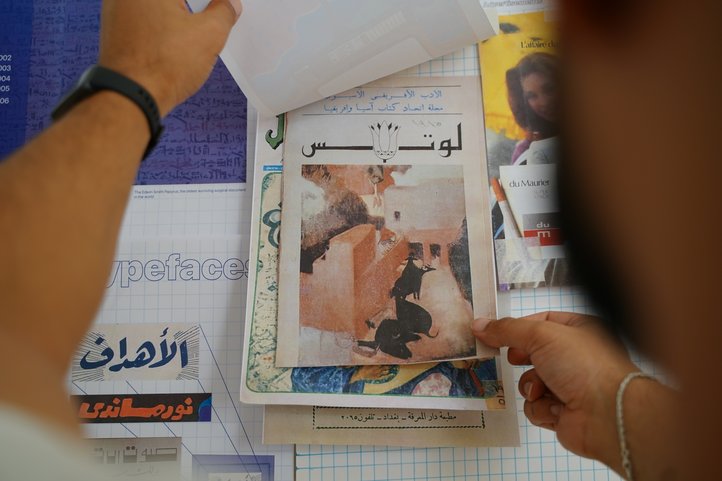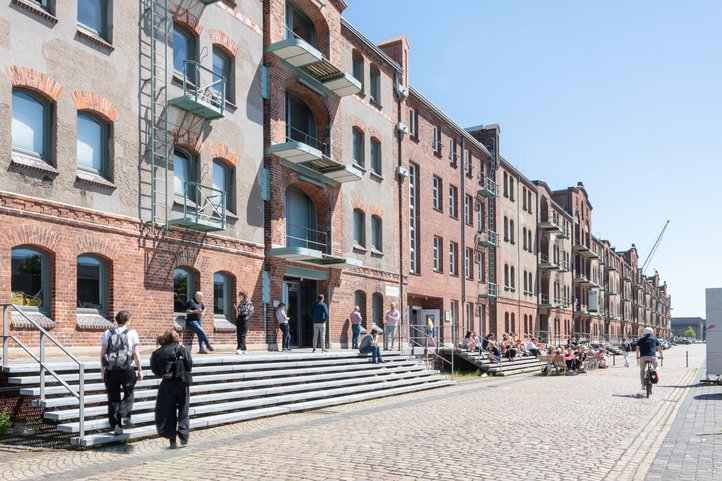Dr. Shirwan Can, a lecturer in the Graphic Design Department at the University of Sulaimani, brings a rich academic and professional background to his role. He holds a Master of Arts from the Institute of Arts in Context at UdK Berlin and is also a graduate of the prestigious Städel School in Frankfurt. Dr. Can's expertise extends beyond academia, as he actively engages in artistic and cultural concept development, provides consultation in artistic and cultural matters, and excels in cultural project management. His diverse educational background and practical experience in the arts and cultural sector position him as a valuable asset in both academic and professional spheres, contributing significantly to the fields of graphic design and cultural studies.
outline of the lecture
The development of sculptural art in Iraq is closely tied to Western modernism, coinciding with the formation of the Iraqi state in 1923. This marked a crucial point in Iraq's artistic evolution, mirroring broader socio-political changes.
Monumental art in Iraq, which began in the early 20th century, saw significant growth in the 1960s and 1970s amid political turmoil. The rise of nationalist groups led to increased focus on public monumental art, revealing the interplay between politics and artistic expression.
From the 1980s to 1990s, Iraq's investment in monumental art surpassed global spending, highlighting its strategic importance in national cultural policy.
These enduring public monuments represent societal values and national narratives. Their state-linked production raises questions about art, power, and national identity.
This research aims to uncover hidden discourses in Iraqi monumental art production, analyzing how cultural, political, and social factors have shaped these works and their role in forming national identity and the concept of the Iraqi nation-state.
Wichtige Informationen
The lecture will be held at Segment 4, Floor 3.

